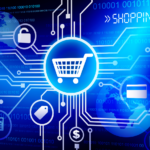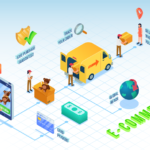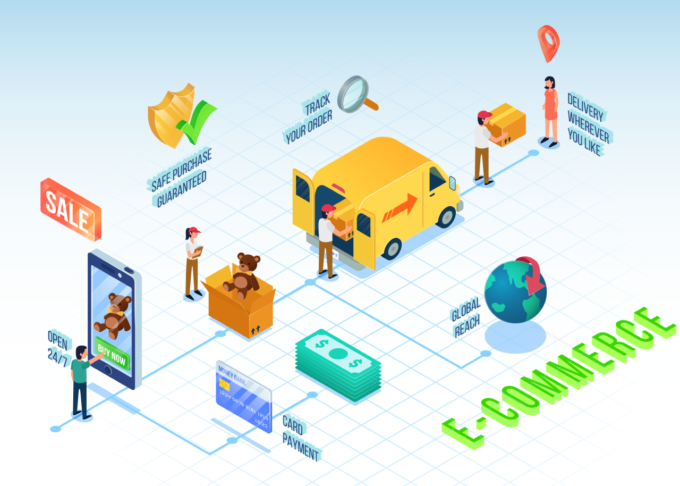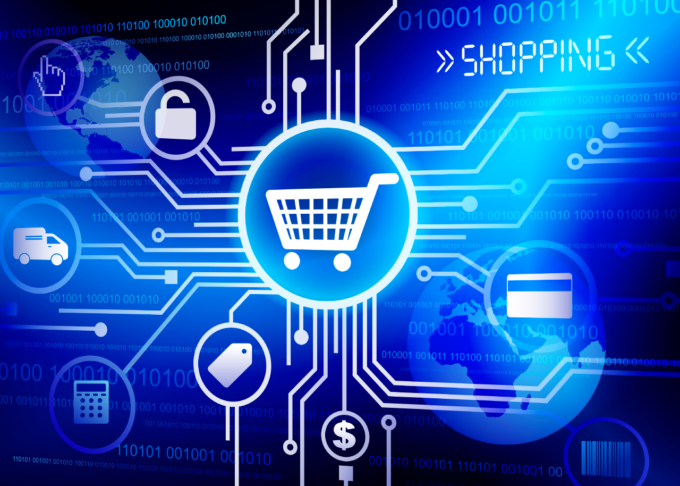The very definition of e-commerce continues to expand and transform, moving far beyond the simple transaction of goods online. The evolution is characterized by a blurring of lines between physical and digital retail, a greater emphasis on seamless omnichannel experiences, and the emergence of new business models that cater to changing consumer expectations.
The growing prominence of subscription-based e-commerce exemplifies this evolution. Consumers are increasingly drawn to the convenience and often cost-effectiveness of recurring deliveries of everything from groceries and personal care items to curated boxes of niche products. This model fosters customer loyalty and provides businesses with predictable revenue streams. Another significant trend is the rise of direct-to-consumer (DTC) brands. Leveraging the power of online platforms, these brands bypass traditional retail channels to connect directly with their customers, allowing for greater control over branding, customer relationships, and profit margins. The success of numerous DTC companies across various industries has demonstrated the viability of this model in disrupting established markets. Furthermore, the increasing focus on sustainability and ethical consumption is influencing how consumers shop online and how businesses operate. E-commerce platforms are increasingly incorporating features that highlight sustainable products, ethical sourcing, and transparent supply chains, catering to a growing segment of conscious consumers. This trend is not just a niche market but a fundamental shift in consumer values that is reshaping the future of e-commerce.















